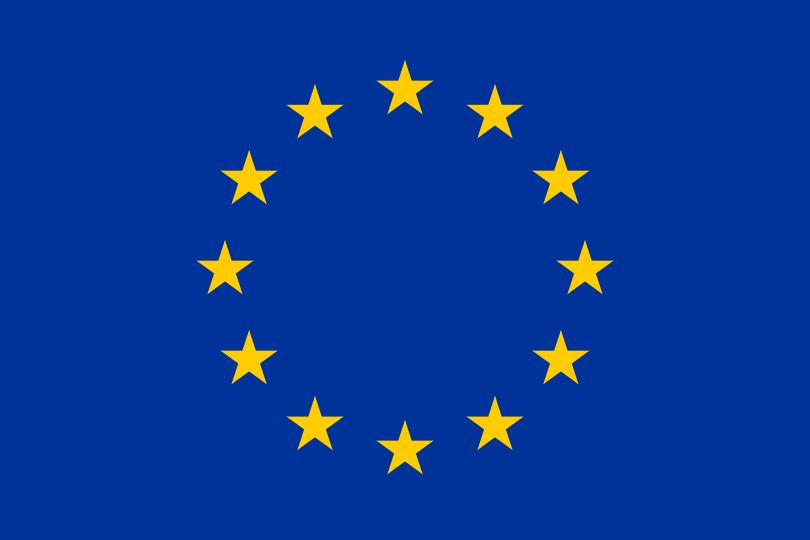More than 40 people attended a lecture on the current refugee crisis, this past Friday, in the CGC. Dr. Wojciech Michnik, from Jesuit University Ignatianum in Cracow, Poland, discussed the problems and factors of the European Union’s refugee crisis, before offering a handful of conclusions. Michnik attributed the current crisis to recent structural and geopolitical shifts, including the 2008 financial crisis, wars in Libya and Syria, as well as the Russian annexation of Crimea and Eastern Ukraine. Six problems or issues of the current refugee crisis are: the difficulty in distinguishing between refugees and immigrants; disagreements between the EU and member states; the need for a strategy to address the refugee crisis; the difficult balance between secure borders and the “soft power” image of the EU; negotiating the gap between older and younger EU states; and the struggle to export stability, rather than importing instability. The problems have humanitarian, policy, security and cultural dimensions that reveal deeper EU problems, according to Michnik.
The current refugee crisis is widely thought to be the largest refugee crisis since the end of WWII. Although some compare the current crisis to the Balkan Wars of the 1990s, Michnik found such a comparison difficult, since the area involved in that crisis was smaller and the EU back then was richer.
Current EU immigration policy is largely determined by the Schengen Agreement, which created a common visa policy among 26 countries, consisting of a population of about 400 million, a territory of 28,000 miles of sea borders, and 9,000 miles of land borders. Another policy, the Dublin Agreement, also continues to effect the current immigration crisis, by granting the sovereignty to accept asylum seekers to each member country. According to Michnik, this leaves Germany, Austria and many Scandinavian countries with the bulk of immigrant- processing responsibilities, as the great majority of migrants seek refuge in those countries.
Michnik cited Frontex, a European Union Agency responsible for the coordination of border policies, as proof that international organizations cannot run borders. EU member countries do not want immigrant quotas, but are often pressured into them, he said. Countries that do not accept quotas are accused of nationalism, xenophobia and a lack of solidarity with their EU peers. Some countries appear better-suited than others to host and assimilate immigrants, due to resource and infrastructure limits. An additional dimension of EU politics is the fact that, over the course of history, member states have been mutual victims. Current diplomacy is often complicated by past disagreements or wars coupled with long memories.
From his analysis, Michnik thinks that the EU is still not a sufficient policy maker and that further integration of EU states remains in question, that the Schengen Agreement is not feasible, and that EU founding myths continue to be tested. The call of solidarity, tolerance and humanitarianism invoked at the EU’s inception has met very real challenges, he said.
Although admittedly pessimistic, Michnik does not believe that the EU will disappear, as popular as EU bashing is among his college. One of the biggest dilemmas concerns the question of assimilation. The assumption that refugees should speak the language and otherwise conform to the country they find refuge in is now commonly questioned. Many EU member states remain suspicious of immigrants’ role. Especially harmful is the link often made between immigration and terrorism.
Michnik is convinced that physical or mental walls will serve little purpose and are incompatible with the moral attitude shared by many Europeans. Michnik closed his comments by posing a philosophical questions to those gathered, “What does it mean to be a good citizen?”






